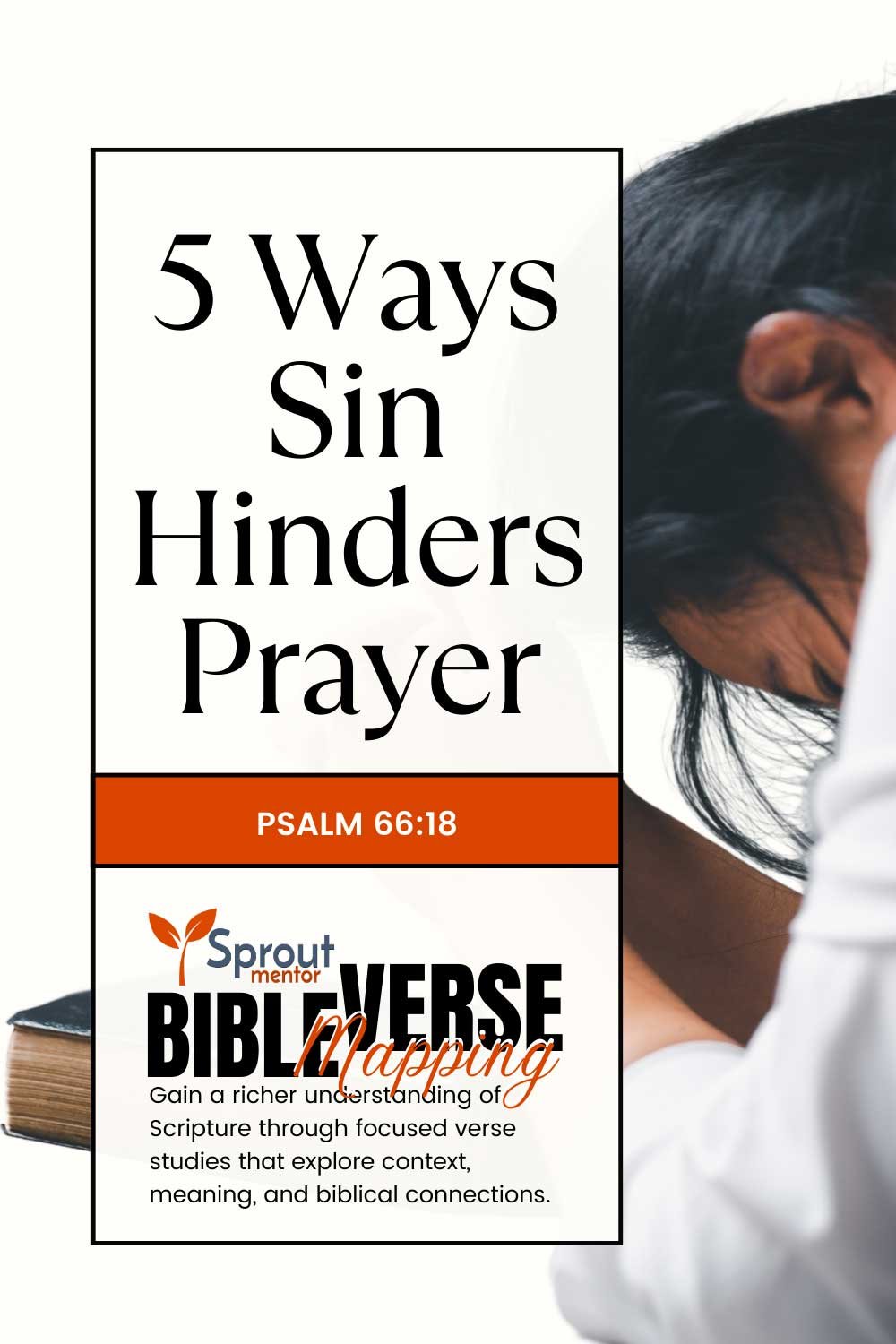5 WAYS Unconfessed SIN Can RUIN Your Life [2 Samuel 12:6-14]
![5-WAYS-Unconfessed-SIN-Can-RUIN-Your-Life-[2-Samuel-126-14]](https://sproutmentor.com/wp-content/uploads/2024/06/5-WAYS-Unconfessed-SIN-Can-RUIN-Your-Life-2-Samuel-126-14.jpg)
Share This Blog Post On:
Short on time, but big on faith? We break down complex topics into easy-to-understand chunks, making the Bible accessible to everyone. Join us for answers to your Bible questions and encouragement for your daily walk with God. Click here to grow your faith, one byte at a time!
Unconfessed sin festers like a hidden wound. It poisons our relationships, erodes our joy, and ultimately separates us from the very source of life – God. When we bury our transgressions beneath layers of denial and self-justification, we unleash a chain reaction that can wreak havoc on every aspect of our being.
David, a man after God’s own heart, succumbed to adultery and murder. Though he attempted to keep his actions shrouded in secrecy, the truth eventually came to light. Although God forgave him, his hidden sin had already cast a long and destructive shadow, shattering his life and leaving a trail of devastation in its wake.
The story of King David in 2 Samuel 12:6-14 serves as a stark reminder of the consequences that can unfold when we choose to bury our transgressions. Let’s delve deeper into this passage and explore five ways unconfessed sin can ruin our lives.
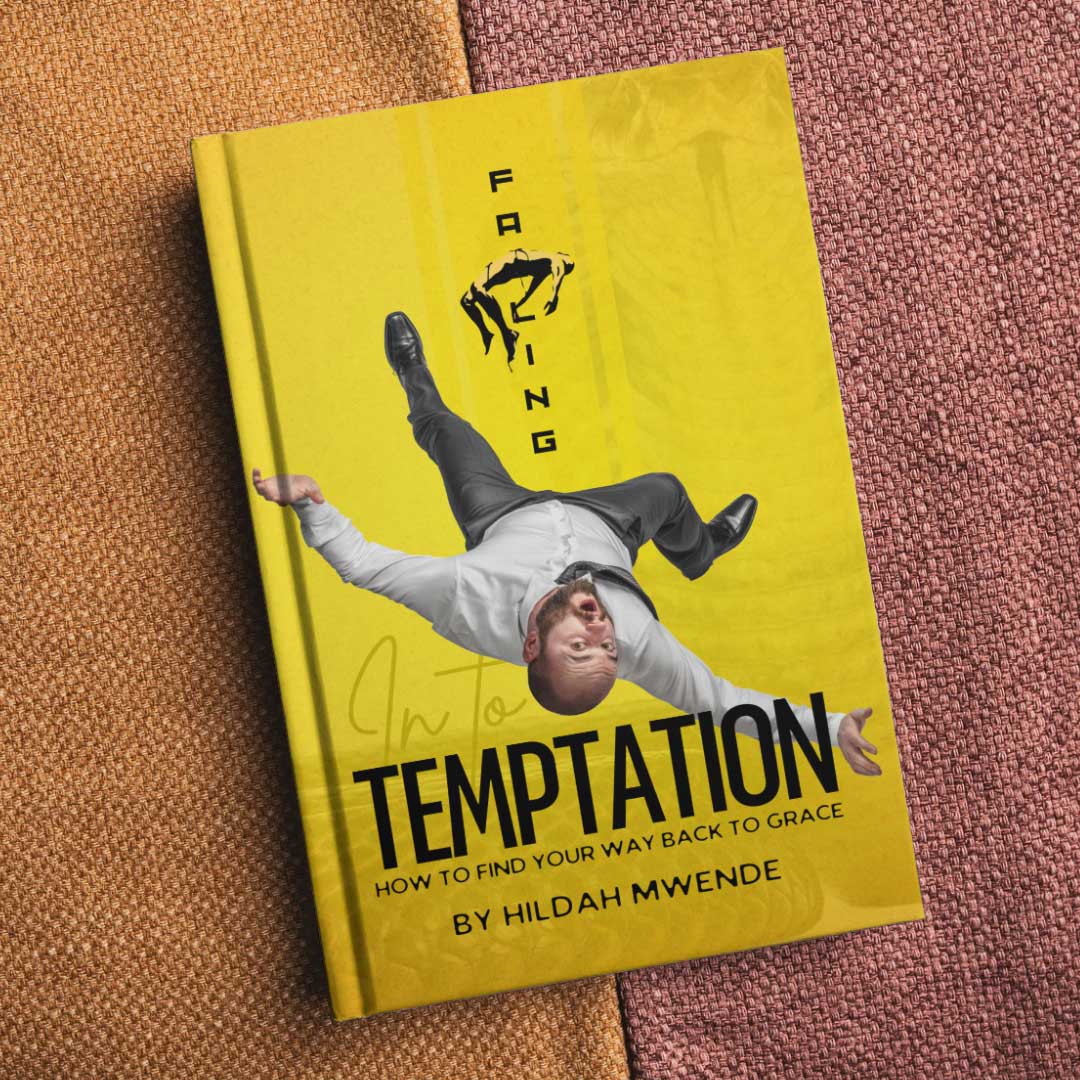
5 Ways Unconfessed Sin Can Ruin Your Life [2 Samuel 12:6-14]
#1 – Restitution
“And he shall restore the lamb fourfold because he did this thing and because he had no pity.” [2 Samuel 12:6]
This response reveals that David understood the principle of restitution or the concept of “fourfold repayment” laid out in Exodus 22:1.
David, who readily demanded justice for the wronged shepherd, failed to apply the same principle to his actions.
By refusing to confess his wrongs to God immediately after committing them, he failed to apply this principle to his own life.
The unaddressed sin of adultery and murder hung heavy, creating a festering wound that would eventually demand a heavy price.
The lesson here is clear: Unconfessed sin always demands ruinous restitution, whether materially, emotionally, or relationally.
For instance, for David, there was a fourfold restitution for Uriah from four of David’s sons: Bathsheba’s child, Amnon, Absalom, and Adonijah.
- Bathsheba’s child: The child conceived through David’s affair with Bathsheba died shortly after birth as a result of God’s judgment [2 Samuel 12:14-18].
- Amnon: David’s eldest son, Amnon, raped his half-sister, Tamar, leading to a chain of events that ended in his murder by Absalom, his brother [2 Samuel 13:1-33].
- Absalom: Absalom, another of David’s sons, later rebelled against his father, sparking a civil war. This rebellion culminated in Absalom’s death in battle [2 Samuel 15-18].
- Adonijah: David’s son Adonijah attempted to usurp the throne, leading to his execution by Solomon, David’s successor [1 Kings 1:5-53].
When we choose to remain silent about our transgressions, we delay the process of true restoration.
Confession and repentance pave the way for God’s forgiveness and the opportunity to make amends, both with Him and those we’ve wronged.
The concept of restitution goes beyond mere compensation.
It’s about acknowledging the harm caused, seeking forgiveness, and taking steps to repair the brokenness.
We can never outrun the burden of unfulfilled restitution until we pay the price either through true repentance or facing the consequences.
#2 – Ingratitude
“And Nathan said to David, Thou art the man. Thus, saith the Lord God of Israel, I anointed thee King over Israel, and I delivered thee out of the hand of Saul.” [2 Samuel 12:7]
Unconfessed sin breeds a spirit of entitlement, leading us to believe we deserve more than what God has already provided.
In verse 7, the prophet Nathan reminded David of God’s boundless blessings: his anointing as King, deliverance from enemies, and a secure household.
Then, in verses 8 and 9, the prophet revealed to David that his hidden sins were like a spit in the face of God since they were acts of blatant ingratitude.
Ingratitude slowly poisons our souls, for it makes us take for granted the blessings God has showered upon us.
When we secretly indulge in sin, we grow contemptuous of the One who redeemed us, loved us at our darkest, and longs to lavish us with even greater grace.
Confession allows us to acknowledge the weight of our actions and reawaken a sense of gratitude for God’s unfailing grace.
#3 – Strained and Broken Relationships
“Thus, saith the Lord, Behold, I will raise up evil against thee out of thine own house, and I will take thy wives before thine eyes, and give them unto thy neighbor, and he shall lie with thy wives in the sight of this sun.” [2 Samuel 12:11]
Unconfessed sin creates a ripple effect, impacting those closest to us.
In the case of David, the pronouncement of judgment included the violation of his wives, mirroring his transgression against another man.
This prophecy tragically unfolded later in David’s life when his son Absalom publicly humiliated him by taking his concubines [2 Samuel 16:21-22].
This devastating consequence highlights the truth that sin is rarely a solitary act.
The trust within David’s family was shattered, leaving a legacy of pain and discord.
Our choices have the power to wound and fracture the delicate tapestry of trust and intimacy within our relationships.
Unconfessed sin fosters suspicion, resentment, and, ultimately, a breakdown of the very connections that are essential for a fulfilling life.
Confession, on the other hand, allows for healing and reconciliation, offering the possibility of rebuilding trust and restoring broken bonds.
#4 – Public Exposure and Disgrace
“For thou didst it secretly: but I will do this thing before all Israel, and before the sun.” [2 Samuel 12:12]
One of the most potent weapons in David’s arsenal as a king was his reputation.
While we may think we’ve successfully buried our transgressions, the truth has a way of coming to light.
Unconfessed sin can lead to public exposure and humiliation, eroding our reputation and diminishing the trust others place in us.
As Christians, our uncloaked sins can shipwreck our witness, devastate our spheres of influence, and severely hinder our eternal impact.
#5 – Blasphemy
“Howbeit, because by this deed thou hast given great occasion to the enemies of the Lord to blaspheme...” [2 Samuel 12:14]
Sin gives occasion for God’s enemies to blaspheme in pronouncing judgment.
David’s hidden sin impacted God’s reputation and provided fuel for His detractors.
As a man after God’s own heart, a recipient of remarkable covenant promises, David’s fall from grace likely emboldened skeptics, scoffers, and outright enemies of Yahweh to malign God’s name, mock His holiness, and disparage His trustworthiness.
They could have rationalized their hardened unbelief by pointing to David’s hypocrisy with statements like;
“If this is how the great David conducts himself, what makes the God he worships any different from the pagan deities?”
“There is no moral high ground for you Christians.”
“You’re just hypocritical and human like the rest of us.”
We must remember that our sin doesn’t occur in a vacuum.
As ambassadors of Christ, our compromises provide ample ammunition to those who already deny the truth of God.
When we brazenly indulge the lusts of the flesh, the adversaries of the Lord delight in ridiculing the divine standard, we failed to uphold.
This isn’t to say believers never stumble or that God is surprised by our lapses.
But willful, unrepentant sin within the visible church is a completely different matter.
It mocks God’s holiness and encourages those who are actively opposed to the gospel.
Our integrity and faithful witness remain paramount.
May we, like David, allow the fear of God to expose and overcome any hidden, unconfessed sin that brings reproach to our King.
God’s judgment of David wasn’t motivated by cruelty but by restorative love.
He would not let David’s sin utterly consume him.
No sin is too egregious for the cross to overcome.
The God who redeemed David longs to redeem us as well.
Do not let shame, pride, or fear keep you paralyzed by unconfessed sin.
Unconfessed sin is a heavy, hellish burden that seeps into every corner of our lives – our peace, our joy, our relationships, our integrity, our spiritual passion.
The road of concealed sin is a harrowing descent into desolation.
You don’t have to let it ruin your life a day longer.
Bring it into God’s holy light, repent, and receive His forgiveness and purifying grace.
Has there been a situation where you kept something hidden that caused problems later?
Share your thoughts in the comments!
Confession can be scary!
Maybe you need a friend to hold you accountable.
Tag that trusted friend by sharing this post with them!
Continue Reading More On The Prayer Guides Below:
|

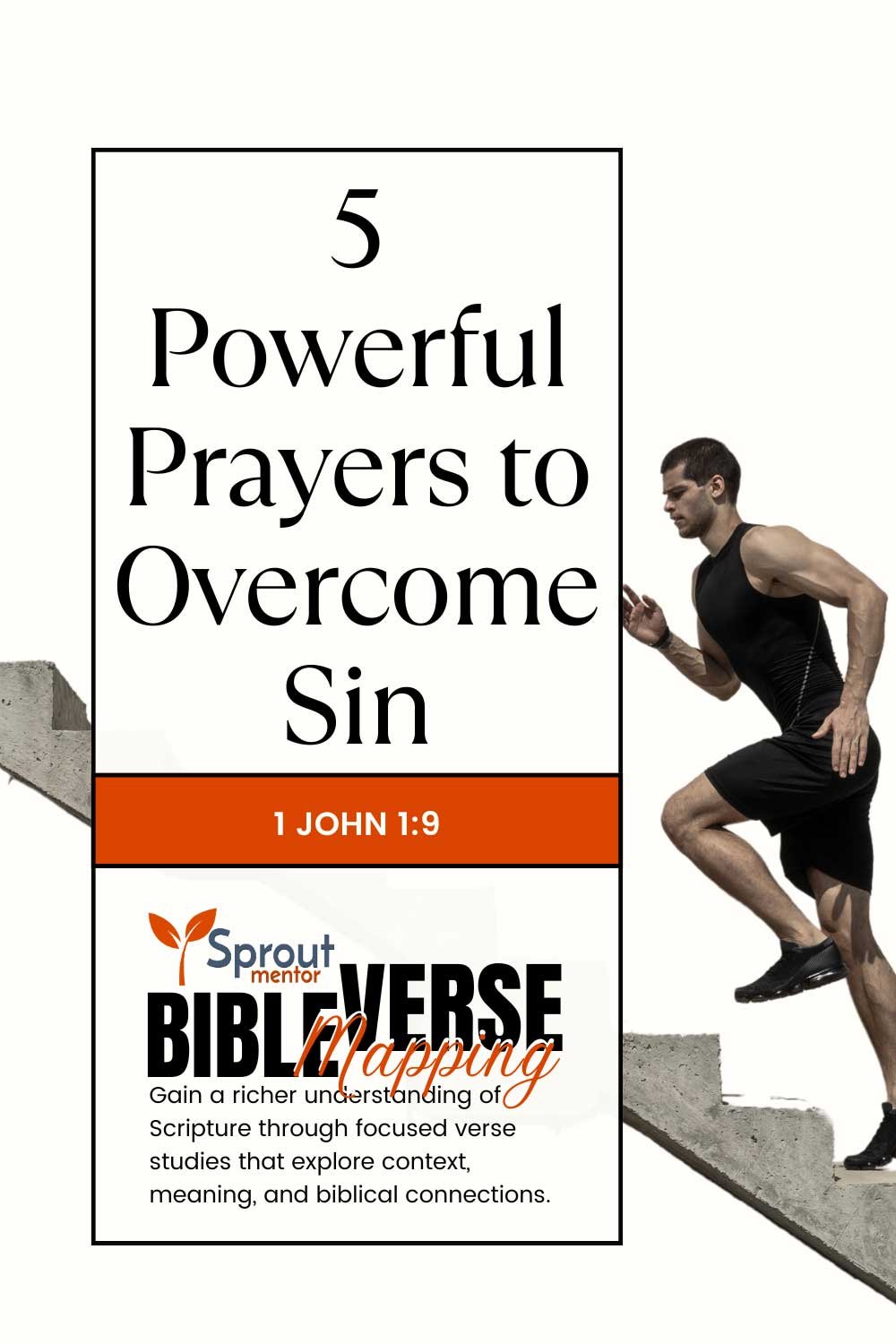

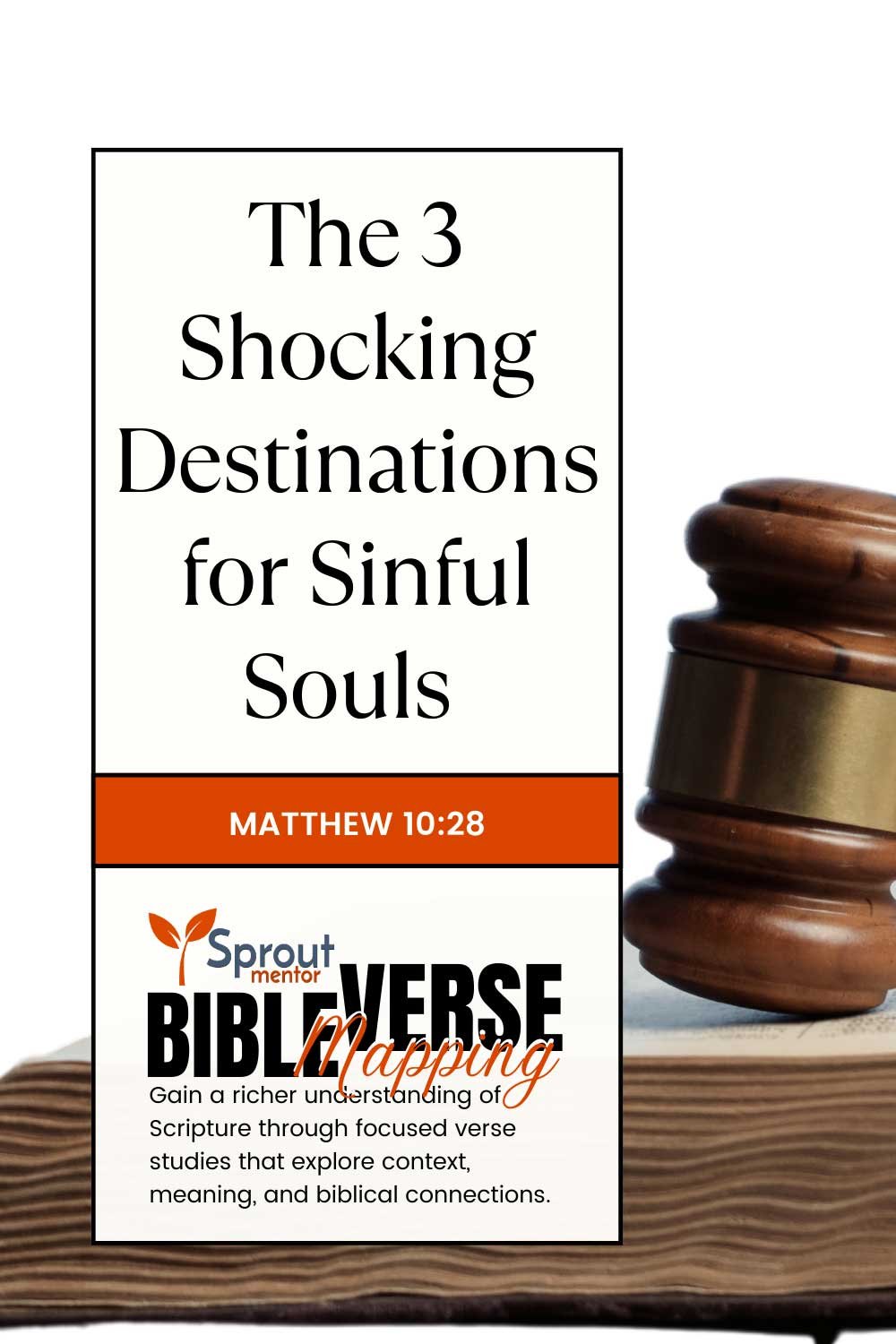
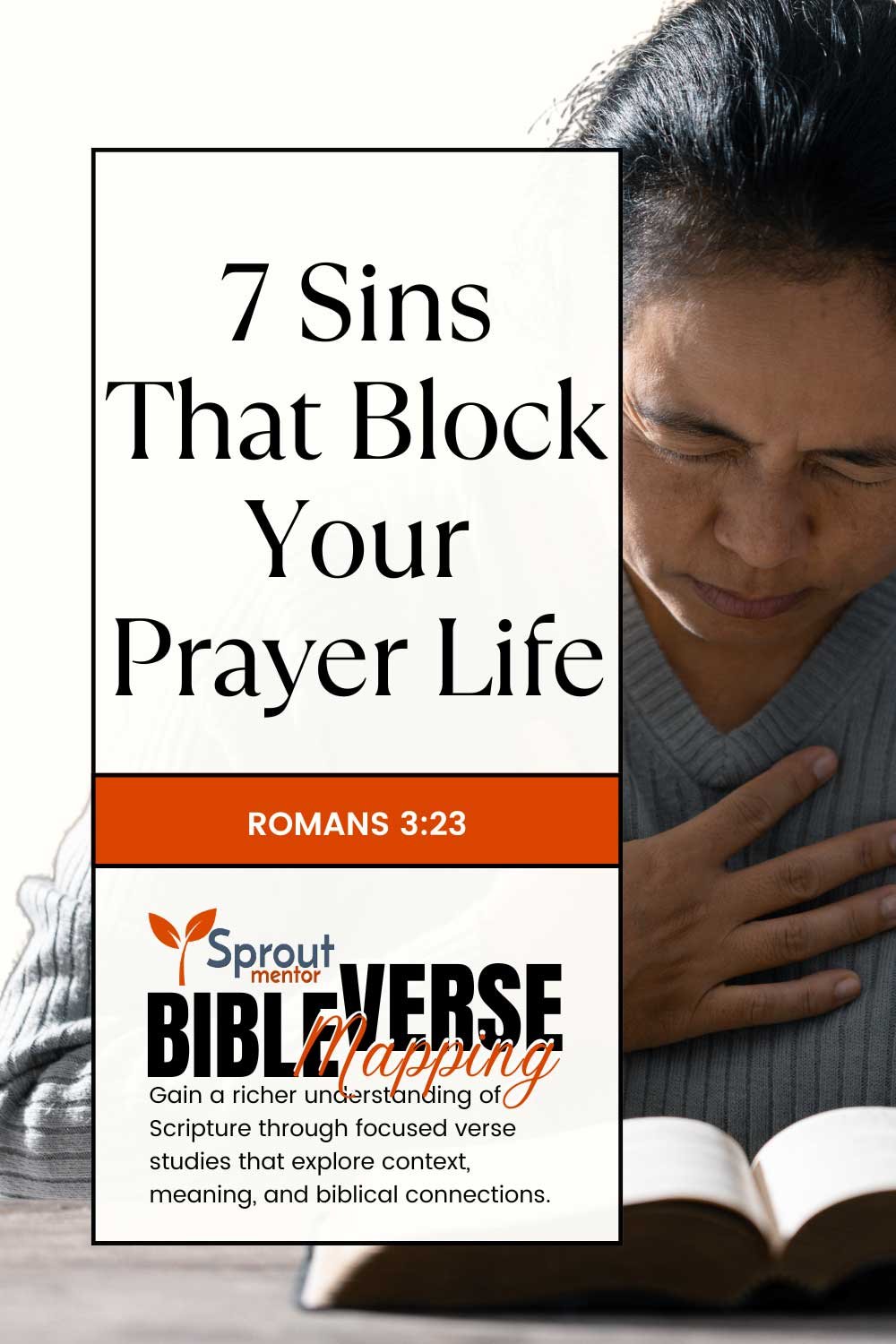
![5-Steps-to-DITCH-Sin-&-Get-CLOSER-to-God-[Luke-1517-32]](https://sproutmentor.com/wp-content/uploads/2024/05/5-Steps-to-DITCH-Sin-Get-CLOSER-to-God-Luke-1517-32.jpg)
